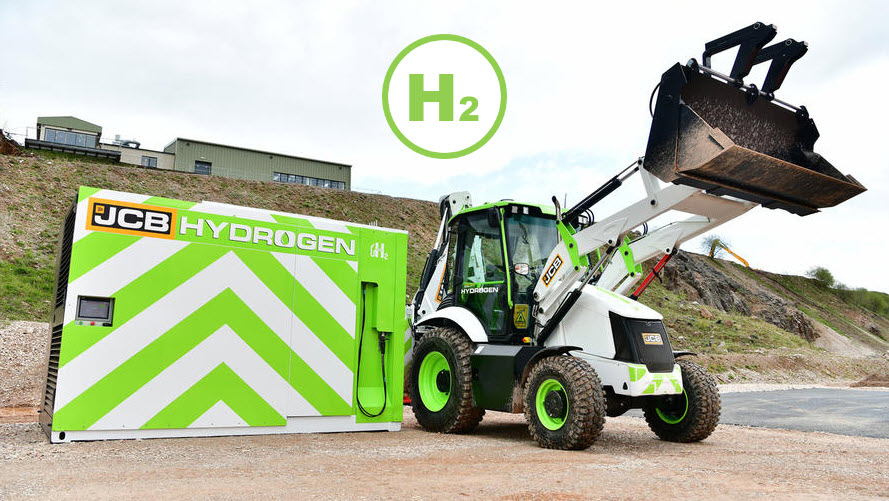
Heavy equipment manufacturer JCB Announced a hydrogen-fueled piston engine that emits no CO2 and believes it will help the transportation industry reach the UK government’s zero-emissions target faster than existing solutions.
According to the survey, JCB has a new engine JCB Diesel Max 4484 Cylinder Engine However, significant changes to the top end not only do not produce CO2, but both have significant advantages over the fairly expensive battery-powered electric and hydrogen fuel cell solutions.
JCB’s hydrogen engines are, of course, targeted for their own off-highway applications, but after successful initial testing on excavators (there is much greater demand for engines than cars and trucks), the company’s engineers , A much wider range of vehicles.
Lord Anthony Bamford, chairman of JCB, said in July last year that the company’s Derbyshire R & D Center was increasingly concerned about the imminent loss of piston engine expertise and infrastructure and the dissolution of a well-integrated supply. Decided to set up a dedicated hydrogen engine research team in. chain.
He explained: The horse was bolted. We need to aim for zero carbon emissions, but we don’t think batteries and fuel cells are the only solution. ”
Sir Banford and his engineers have launched a highly successful series of battery-powered excavators in recent years, and have considerable field experience with a 20-ton prototype excavator, so more than most people in the industry. I believe that there are many views in the real world. Equipped with a hydrogen fuel cell. According to JCB Innovation Chief Tim Burnhope, the big advantage of hydrogen engines is that they can be produced quickly and affordably, while the existing ICE know-how and infrastructure remain in place.
JCB’s prototype engine features a whole new guidance system (low compression, new pistons, high pressure common rail fuel supply, port injection), but is designed to match the performance and operating characteristics of existing machines.
In terms of toxic emissions, even “raw” emissions from JCB’s experimental hydrogen engines contain less NOx than diesel, even with the latest post-treatment to reduce diesel pollutants by 98%. ..
Further measures can reduce this to what Burnhope calls the “zero impact level”. In this case, the content is simply too small to measure. The only important exhaust from the JCB hydrogen engine prototype that Autocar actually observed was the steam eruption at start-up.
JCB plans to develop additional hydrogen engines, but is already looking closely at production.
Source link JCB Announces Hydrogen Fuel Combustion Engine Technology
Read the most up to date Fuel Cell and Hydrogen Industry news at FuelCellsWorks




